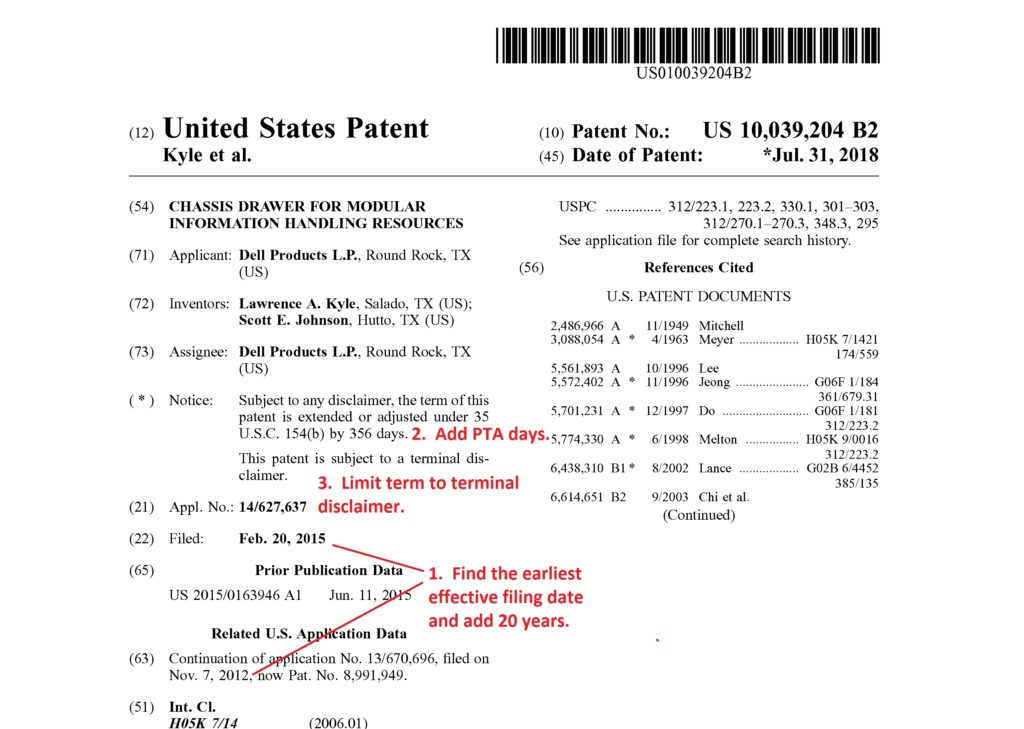In In re Rembrandt Technologies LP Patent Litigation, [2017-1784] (August 15, 2018), the Federal Circuit held that the district court did not abuse its discretion in deeming this case exceptional, but that the court erred by failing to analyze fully the connection between the fees awarded and Rembrandt’s misconduct, and vacated the district court’s fee award, and remanded for further proceedings.
Rembrandt asserted two patents that were revived improperly; allowed spoliation of evidence; improperly gave consultants an interest contingent on the litigation outcome; and threatened AOPs with a baseless injunction demand. The district court determined that the case was “indeed exceptional” for three reasons. First, the court found that “the evidence shows that Rembrandt improperly compensated its fact witnesses, in violation of ethical rules of conduct.” Second, the court was “convinced that Rembrandt engaged in (or failed to prevent) widespread document spoliation over a number of years.” Finally, the court found that “Rembrandt should have known that the ‘revived patents’ were unenforceable.” The district court ultimately ordered Rembrandt to pay more than $51 million in fees to all Appellees.
On the exceptionality finding, The Federal Circuit said that Rembrandt raised strong arguments with respect to the district court’s factual findings. The Federal Circuit said that the district court’s remarkably terse orders (four pages) shed little light on its justifications for its decisions on these fact-intensive issues. But abuse of discretion is a deferential standard. On the record before it, the Federal Circuit could not say that any of the district court’s findings was based “on an erroneous view of the law or on a clearly erroneous assessment of the evidence.”
On the issue of the amount of the award, Rembrandt raised no specific objections to Appellees’ tabulations of the hours they expended; nor did Rembrandt contend that
Appellees should have calculated fees using a lower hourly rate. Rembrandt instead argued that the fee award is excessive and unreasonable because the district
court failed to establish a causal connection between the claimed misconduct and the fees awarded, and the Federal Circuit agreed. The district court did not explain why
an award of almost all fees was warranted or whether it had accepted appellee’s argument that the pervasive misconduct justified an award of all fees. The district court, by and large, did not even attempt to assess which issues the claimed misconduct affected.
Even if Rembrandt’s misconduct, taken as a whole, rendered the case exceptional, the district court was required to establish at least some “causal connection” between the misconduct and the fee award. What the district court did —award all fees with
no explanation whatsoever of such a causal connection—was not enough. The Federal Circuit thus vacated the district court’s fee award and remanded for the district court to conduct the appropriate analysis in the first instance.


The vast majority are governed by 35 USC 154(a)(2), which provides: